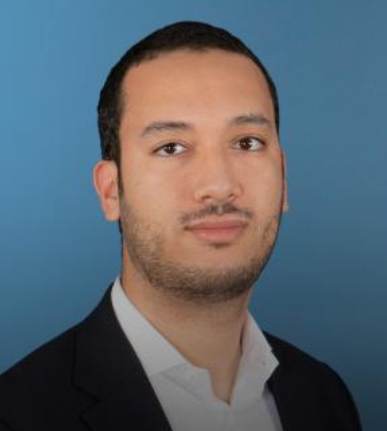يخصص مركز السياسات من أجل الجنوب الجديد حلقة برنامجه الأسبوعي "حديث الثلاثاء" لمناقشة التحديات الأمنية بمنطقة وسط إفريقيا مع عبد الحق باسو، باحث بارز بمركز السياسات من أجل الجنوب الجديد.
تواجه منطقة وسط إفريقيا العديد من التحديات ذات الطابع الأمني. في مقابل ذلك، تكتسي المنطقة باعتبار موقعها الجغرافي المركزي أهمية استراتيجية بالغة بالنسبة لأمن واستقرار القارة.
تشمل هذه التحديات نشاط المجموعات المسلحة والجماعات الارهابية بكل من شرق جمهورية الكونغو الديمقراطية وجمهورية أفريقيا الوسطى وكدى بمنطقة بحيرة تشاد، علاوة على أنشطة القرصنة البحرية بالمياه الاقليمية لدول وسط أفريقيا المطلة على خليج غينيا. تحديات وأخرى لها تأثير مهم على الاستقرار ومؤشرات النمو وكدى الاندماج الاقتصادي بالمنطقة.
نعود خلال هاته الحلقة إلى تطور الأوضاع والمخاطر الأمنية في منطقة وسط إفريقيا خلال السنوات القليلة الماضية، مع التركيز بالخصوص على أهم التحديات التي تواجه المنطقة، طبيعتها وأسباب التدهور الأمني الملاحظ في الآنية الأخيرة، إضافة إلى الجهود المبذولة للحد من آثار هذه التحديات على استقرار دول المنطقة، أسئلة وغيرها نناقشها مع عبد الحق باسو، باحث بارز بمركز السياسات من أجل الجنوب الجديد.











